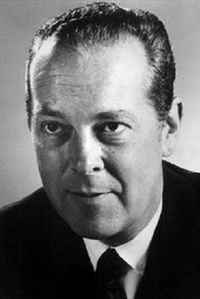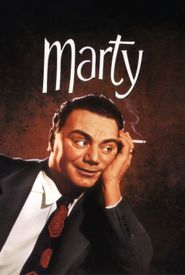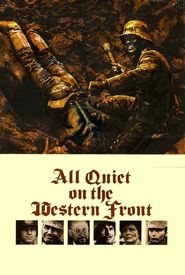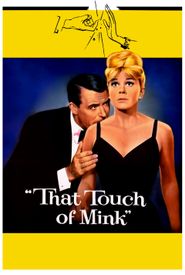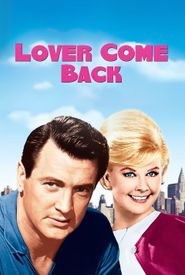Delbert Mann, the renowned film director, was born Delbert Martin Mann Jr. in Lawrence, Kansas, in 1920. His father moved the family to Nashville, Tennessee, after taking a teaching position at Scarritt College. Mann graduated from Vanderbilt University, where he met his future wife, Ann Caroline Gillespie. He developed a lifelong friendship with Fred Coe, whom he met at the Nashville Community Playhouse, that would prove critical in his professional life.
After his 1941 graduation from Vanderbilt, Mann joined the Army and was assigned to the Air Corps, eventually becoming a pilot with the 8th Air Force. As a B-24 pilot with the "Mighty Eighth," Mann flew 35 bombing missions in the European Theater of Operations. After being demobilized at the end of the war, his interest changed to another type of theater, and he attended the Yale Drama School.
From Yale, he moved on to a directing job with the Town Theatre of Columbia, South Carolina. His old friend Fred Coe, a producer at NBC, offered Mann the opportunity to direct live television drama on the network's The Philco Television Playhouse (1948). Mann accepted the job offer and moved to New York in 1949. For NBC, he directed many dramas for the "Philco Playhouse," which later alternated its broadcasting weeks on the network with the Goodyear Playhouse (1951) and Producers' Showcase (1954).
Mann was one of the best-known graduates of "The Golden Age of Television," when live original drama was a staple of network TV. Other showcases he worked for included NBC Repertory Theatre (1949),Ford Star Jubilee (1955),and Playwrights '56 (1955). In 1953, he directed a live teleplay written by another WWII vet, Paddy Chayefsky. The episode of Goodyear Television Playhouse starring another vet, the up-and-coming Method actor Rod Steiger, as a lonely butcher named "Marty."
Delbert Mann's name will always be linked to the extraordinary cultural phenomenon that was "Marty," but it was as a film, not as television program, that Chayefsky's 1953 script became legendary, the first blockbuster hit of independent cinema. However, Mann's first recognition from the culture industry didn't come from Chayefsky's "Marty," either on television or film, but from Thornton Wilder's theatrical warhorse about a small burg in New Hampshire, "Our Town."
In 1954, Mann won a Best Director Emmy nomination for the "Producers' Showcase" episode "Our Town," a musical adaptation featuring the young Paul Newman and the singing talents of swinging Frank Sinatra. Ironically, the TV play of "Marty," considered the summit of TV's Golden Age in retrospect, went unrecognized during the nascent industry's awards season, though it did receive an excellent buzz via word of mouth.
The movie "Marty" was a critical success before it was a commercial success. Shown at the Cannes Film Festival in 1955, it was the first American film to win the Golden Palm. In release, the film returned $3 million in rentals ($21 million in 2005 dollars),which was a considerable amount in the mid-1950s. More importantly for Hecht-Lancaster, its low-budget made "Marty" one of the most profitable movies ever made.
The critical recognition and boffo box office made "Marty" a sleeper at the 1956 Academy Awards, at which Mann won the Oscar as Best Director of 1955 and Chayevsky copped the Best Adapted Screenplay trophy. In addition to the original "auteurs," Ernest Borgnine won the Best Actor Oscar and Harold Hecht picked up the gong for Best Picture.
